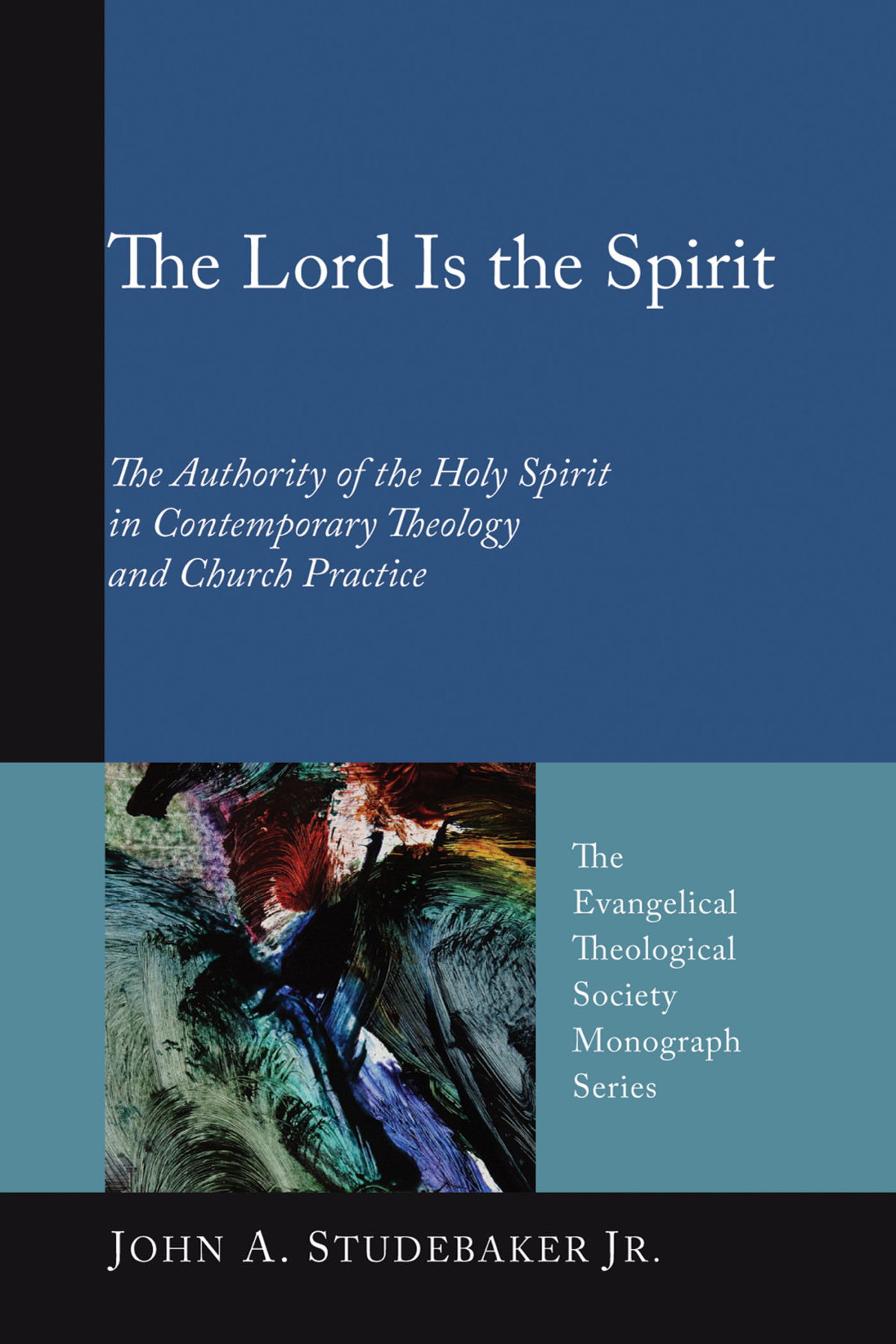

Most ebook files are in PDF format, so you can easily read them using various software such as Foxit Reader or directly on the Google Chrome browser.
Some ebook files are released by publishers in other formats such as .awz, .mobi, .epub, .fb2, etc. You may need to install specific software to read these formats on mobile/PC, such as Calibre.
Please read the tutorial at this link: https://ebookbell.com/faq
We offer FREE conversion to the popular formats you request; however, this may take some time. Therefore, right after payment, please email us, and we will try to provide the service as quickly as possible.
For some exceptional file formats or broken links (if any), please refrain from opening any disputes. Instead, email us first, and we will try to assist within a maximum of 6 hours.
EbookBell Team

4.7
66 reviewsAlthough the doctrine and work of the Holy Spirit is no longer being ignored in theology (as was often the case in centuries past), the authority of the Spirit remains essentially undefined. The need for such a definition, however, is urgent. Some dangerous trends in the contemporary understanding of the Spirit have developed (trends that can only be exposed through careful exegesis of Scripture and theological clarification). Indeed, some contemporary models often leave us with a nonauthoritative Spirit predisposed toward universalism, experientialism, or panentheism. This work will attempt to show that the nature of the Holy Spirit's authority can be clearly defined through biblical and systematic theology. When we investigate the Spirit's place within the pattern of divine authority, as specified in Scripture, we discover that the Holy Spirit indeed possesses a unique authority as divine Person, Christ's Executor, Teacher, and Governor of the Church. Such a work will be helpful for both the theologian and the pastor. First, definitions of the Spirit's authority will be developed through historical, exegetical, and theological analysis. Then these definitions will be applied to specific church practices, including hermeneutics, church structure and guidance, and Christian spirituality. A response will also be given to those practical theologies that are subtly diminishing the Spirit's authority in relation to the contemporary church.